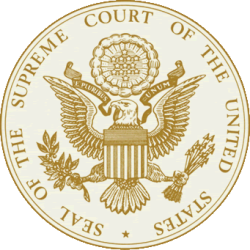by Samantha J. Bily, Esq.
A Florida claimant has petitioned the U.S. Supreme Court to address the constitutionality of Florida’s workers’ compensation system, addressing whether or not the system provides an adequate remedy for injured workers. The challenge comes shortly after Florida eliminated injured workers’ entitlement to permanent partial disability benefits. The petition alleges that, with the elimination of permanent partial disability benefits, Florida’s workers’ compensation system is now inadequate to cover any permanent loss of future wage earning capacity and thus unconstitutional under the 14th amendment. The U.S. Supreme Court has not yet acted on the petition.
Portions of Georgia’s workers’ compensation system have been the subject of constitutional challenges in the past, including a 2010 challenge to dependent survivor benefits, and several challenges related to the constitutionality of the exclusive remedy doctrine, with legislation passed last year addressing the issue as a result. Georgia and Florida are not alone, as cases in Oklahoma have cropped up regarding the constitutionality of that state’s “opt out program” and West Virginia has also addressed “exclusive remedy” by enacting legislation to strengthen this provision. Challenges to the constitutionality of states’ workers’ compensation laws are nothing new and may continue to be a trend. Undoubtedly all states will have their eye on whether the U.S. Supreme Court agrees to review the Florida case.


Leave A Comment